This is a summary of the shelf life of coconut oil. I will also explain the shelf life of unopened and opened coconut oil, and what happens when coconut oil goes rancid. We’ll also show you how to store it properly and how to use expired coconut oil, so you can use it up without wasting it any more.
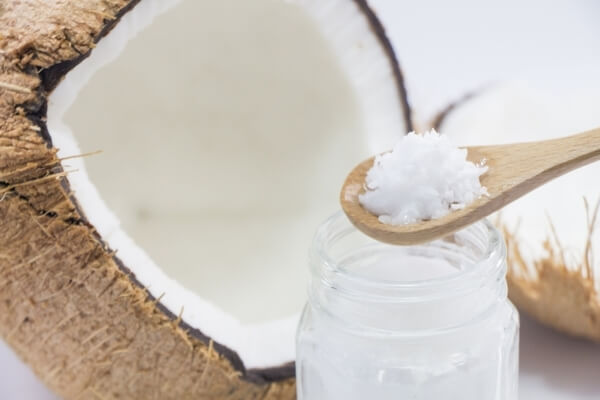
What is the Shelf Life of Coconut Oil?
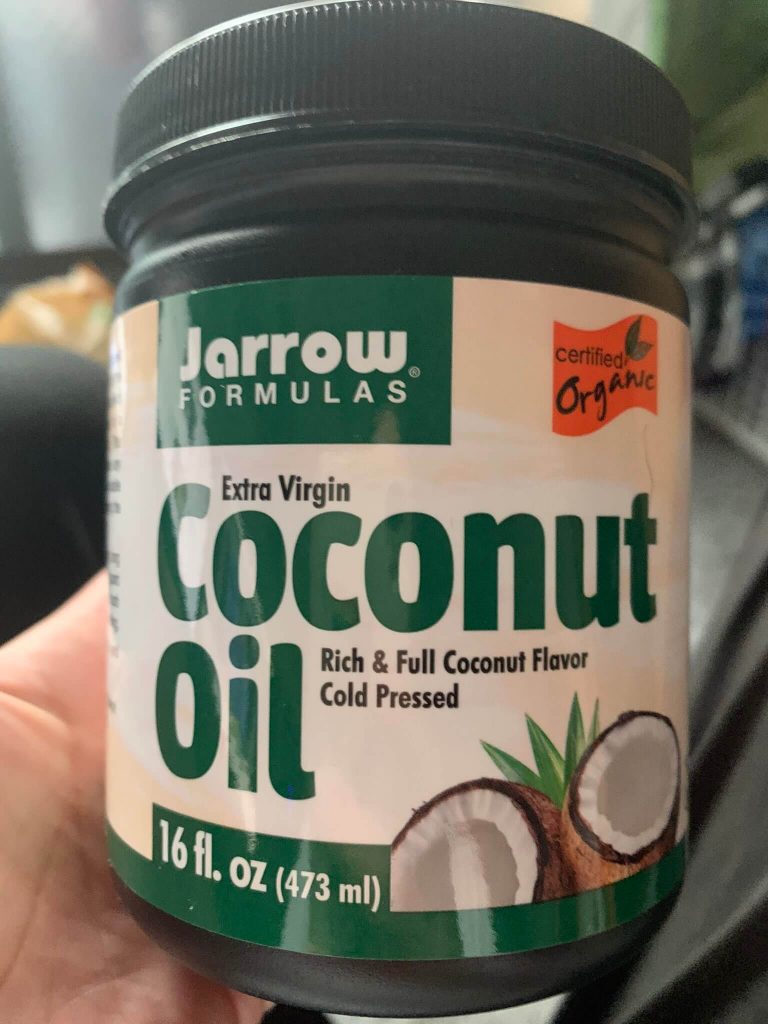
Coconut oil is a healthy oil that is rich in medium-chain fatty acids and can be used for a variety of purposes, including cooking and baking. It has antioxidant and visceral fat-reducing properties, so many people use it for beauty. However, one must be careful about using oil that has expired and deteriorated.
In this article, we will explain how to identify deteriorated coconut oil and how to properly store it. We will also show you how to use expired coconut oil so that you can use it up without wasting it.
The Shelf Life of Coconut Oil
Definition of the best date
Before knowing the expiration date of coconut oil, it is important to know the definition of the expiration date. All food products, with a few exceptions, are required to have either an expiration date or a consumption date on them. The expiration date is placed on foods that will only last for five days after production, while the best-before date is placed on foods whose quality is slowly deteriorating.
Since the deterioration of quality is gradual, the expiration date does not mean that the food will be inedible soon after the expiration date. It is only a period during which the food can be eaten deliciously, so if there is no problem with the quality, you can eat it at your own risk.
However, the expiration date is a period that applies when the product is stored correctly and unopened. Depending on the storage method, the quality of the product may deteriorate even within the expiration date.
The shelf life of coconut oil
The shelf life of coconut oil is about 18 months to 2 years after production if the package is unopened. It is a food that can be stored for a relatively long time if stored properly. After opening the package, coconut oil can be used for about a year if it is stored well. However, some manufacturers recommend using it up within one to three months after opening the package.
Because it is made up of saturated fatty acids, coconut oil is said to be resistant to oxidation, but it is best to eat it as soon as possible after opening the package to ensure safety and good taste.
How to Tell If Coconut Oil Has Expired
Coconut oil that has deteriorated should not be eaten
Coconut oil is rich in medium-chain fatty acids, has high antioxidant properties, and can be expected to improve immunity and reduce visceral fat. Many people may include it in their diets because it is healthier than regular oil. However, poorly stored and deteriorated coconut oil can hurt your health.
Oxidized oil from exposure to air increases the number of reactive oxygen species in the body, which can lead to lifestyle-related diseases and aging. Furthermore, it can cause food poisoning symptoms such as diarrhea, vomiting, and abdominal pain, so do not eat deteriorated coconut oil.
Even though it is less susceptible to oxidation than other oils, it is best not to use coconut oil that has been stored poorly or over time.
What happens when coconut oil goes rancid?
The oil will oxidize and deteriorate over time due to light, heat, and air. Coconut oil is composed of saturated fatty acids and is by far the least likely oil to oxidize compared to other vegetable oils. However, it will gradually deteriorate over time, losing its taste, flavor, and nutritional content.
Even if it goes rancid or deteriorates, it is still oil, so it may be hard to tell the change from the outside. If you notice a sour taste or loss of flavor when you eat it, it has deteriorated and you should stop using it. Furthermore, if left for a long time, coconut oil may develop mold.
As there have been cases in the past where products were recalled due to mold, please be careful not to eat it by mistake as mold can occur during the manufacturing process. In addition to mold, there is sometimes sediment in the coconut oil. This can be easily mistaken for mold, but it is not a problem, as it is just precipitated coconut epidermis or thin skin.
Also, as the coconut oil solidifies, there may be some white sediment floating around. If white particles occur when the liquefied oil solidifies, it is not mold. If you cannot distinguish it from mold, melt it once and if it dissolves cleanly, it is not mold and you can use it safely.
How to Store Coconut Oil And Precautions
Store coconut oil at room temperature
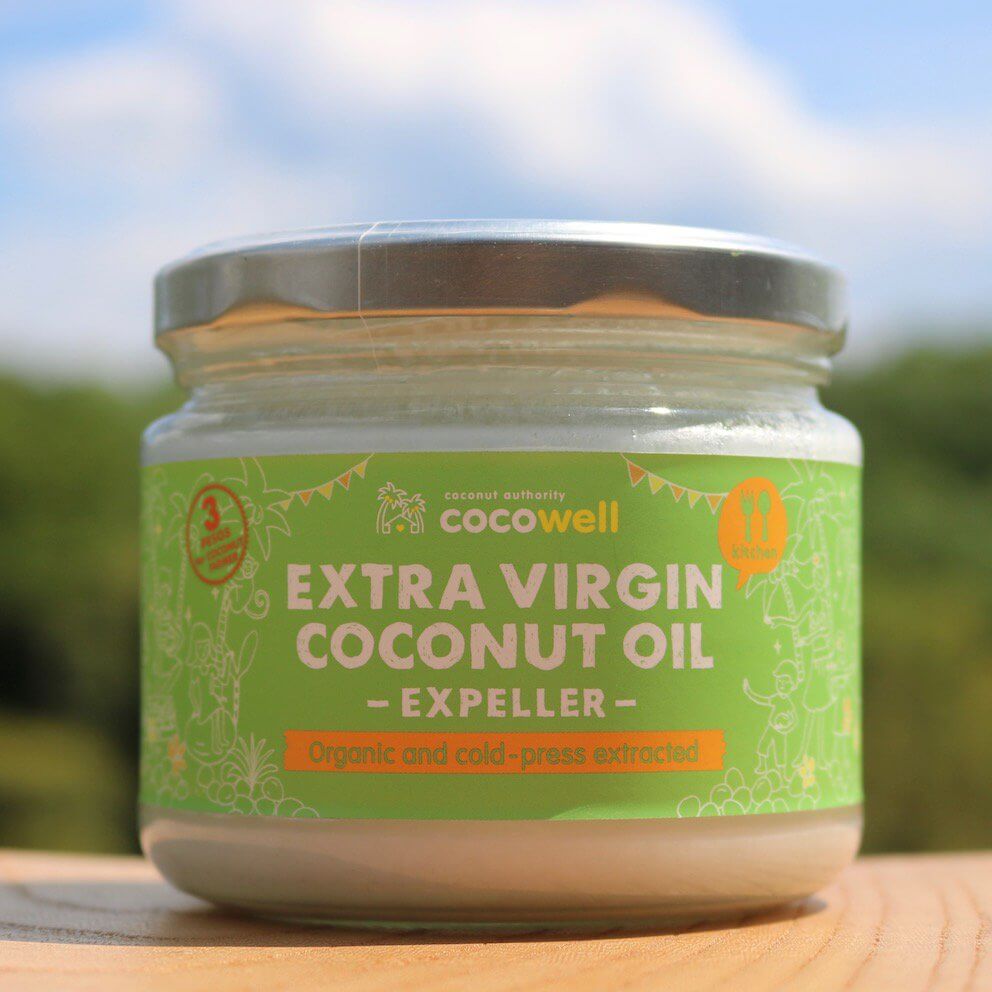
Coconut oil can be stored at room temperature, just like any other oil. Store it in a cool, dark place just like regular oil. Do not place it in direct sunlight or near a gas stove, as light and heat will cause it to deteriorate easily.
If you use it in the washroom or bath, be careful not to let moisture get into it, as it can easily become moldy. Be sure to use clean hands and a spoon to prevent moisture from getting in. It is also important to close the lids properly after each use, as foreign substances can easily get into the jars if the lids are left open.
Large jars may become moldy before they are used up. You can reduce the risk of mold growth by preparing smaller containers and replacing them.
Refrigerated storage of coconut oil
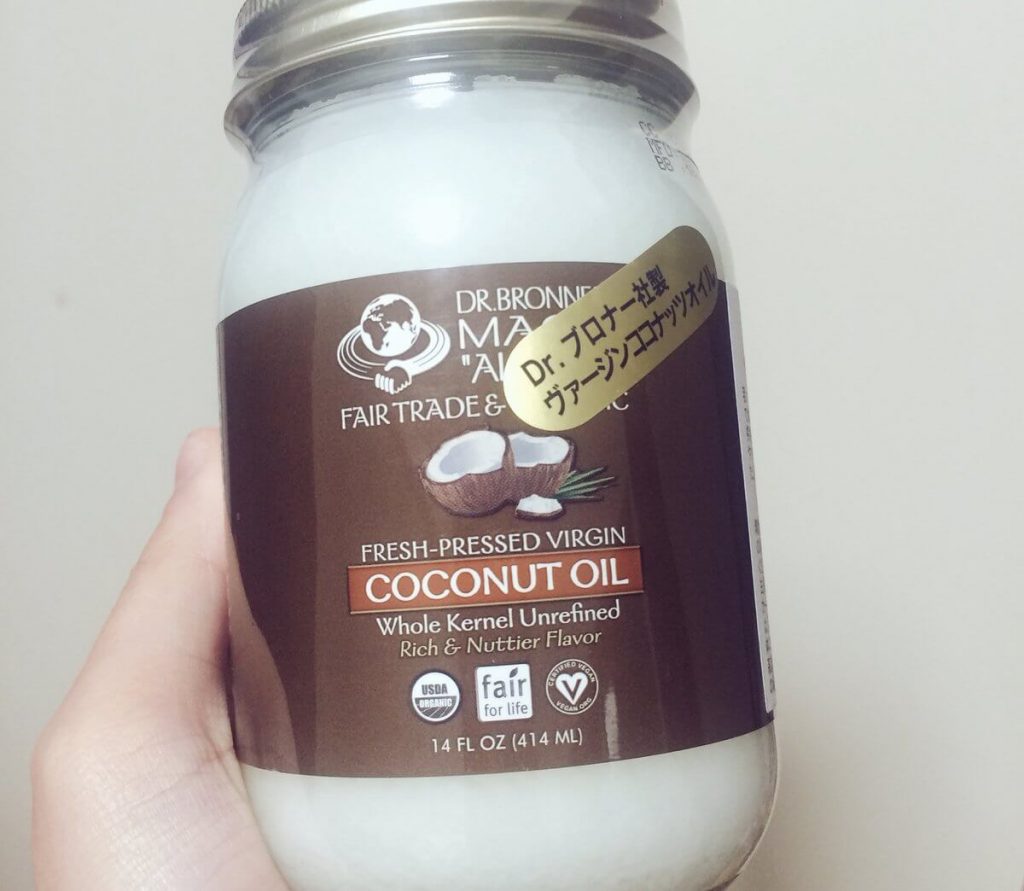
Coconut oil should be stored at room temperature, but it can also be stored in the refrigerator. Since the temperature is lower in the refrigerator and it is not exposed to direct sunlight, it can be kept in the refrigerator if it will not be used for a long time. However, coconut oil solidifies at temperatures below 20-25 degrees Celsius. Therefore, if you keep it in the refrigerator, it will harden and become difficult to handle.
It is best to store the amount you will use in small portions at room temperature, and refrigerate the portions you will not use for a while. You may think that storing in the refrigerator will prevent mold from forming, but mold can form even in the refrigerator. Therefore, even when storing in the refrigerator, use a clean spoon and try to eat it as soon as possible.
Points to keep in mind when throwing away coconut oil
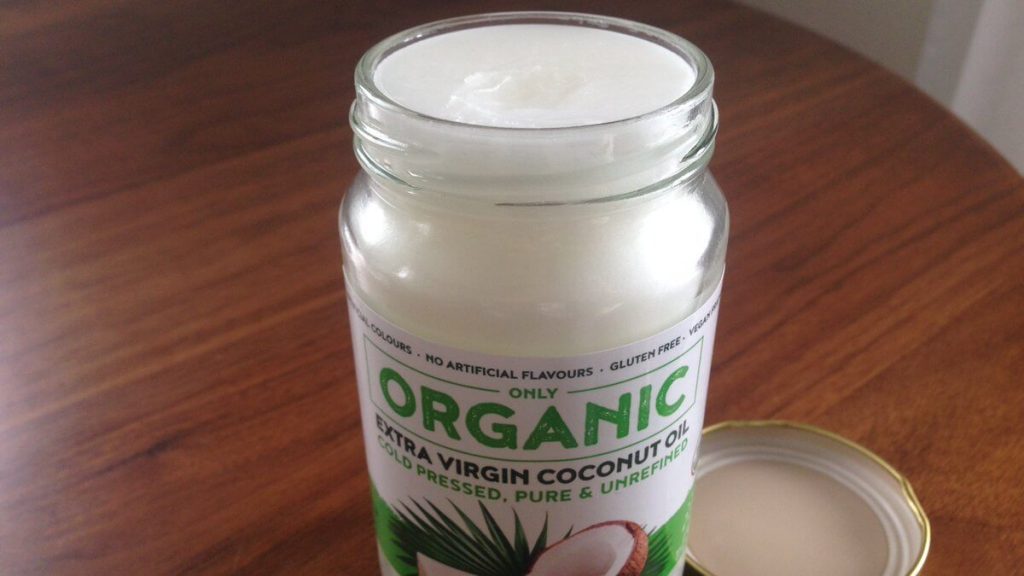
Coconut oil that has expired and deteriorated must be disposed of correctly. Do not throw oil, not just coconut oil, directly down the drain. Coconut oil hardens at low temperatures and can clog drains if poured directly down the drain. Be sure to dispose of it in the right way to protect the environment.
If the coconut oil is solid, you can dispose of it in a plastic bag. Make sure to double the bag and close the mouth tightly to prevent leakage. If it is a liquid, pour it into a milk carton, seal it tightly with duct tape, and place it in a plastic bag to prevent leakage.
You can also fill the milk carton with newspaper or rags and pour it in. Since oil-soaked cloths and papers may spontaneously combust, add a little water and throw them away as soon as possible.
How to Use Expired Coconut Oil
Massage and beauty
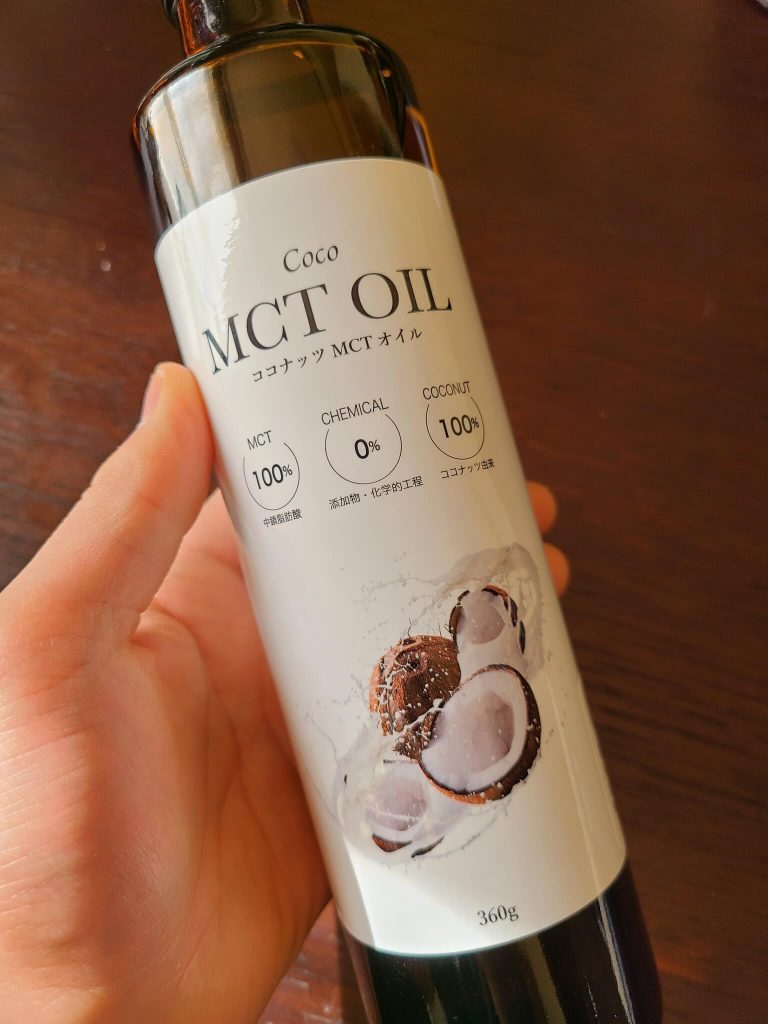
Coconut oil is also used in Indian Ayurveda to keep skin and hair moisturized. The solid oil also turns into a light liquid when you put it on your hands, so apply it directly to your hair and skin. You can take a small amount and apply it to the ends of your hair or use it to massage your scalp.
Since coconut oil is very stretchy, it can also be applied directly to the skin for massage and moisturizing. You will be soothed by its moist touch and the sweet scent of coconut. However, it is not recommended to use moldy or deteriorated oil. However, it is not advisable to use moldy or deteriorated oil, as it may not suit your skin or cause rashes.
Handmade soap
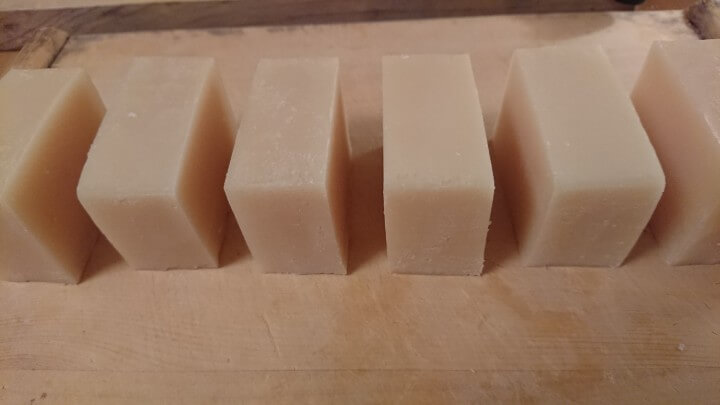
You can easily make your soap by combining coconut oil and commercially available soap. First, prepare one additive-free soap and 10 ml of coconut oil that has expired. Scrape the soap into small pieces with a grater or knife, and place them in a plastic bag. Boil water in a pot and then boil the bag with the soap in it.
When the soap is melted, add the coconut oil and mix well to make a smooth mixture. When all the ingredients are mixed, put it into your favorite mold and let it harden. You will have a tropical soap with the sweet smell of coconut. It can be made with easily available ingredients, so please give it a try.
Handmade candles

If you are not comfortable using expired coconut oil, why not try making candles? Candles are also easy to make using store-bought ingredients, so if you are not sure how to use coconut oil, this is a good idea.
All you need is a 100g commercial candle, 50g coconut oil, a paper cup, and a bamboo skewer. Melt the candle in hot water, add the coconut oil, and stir. Fix the wick to the bamboo skewer, pour the candle into the paper cup, and when the wax hardens, it is ready. You can also use up expired coconut oil without wasting it, so please try making this.
Don’t Let Your Coconut Oil Expire! Find Another Way to Use It!
The shelf life of unopened coconut oil is about 1.5 to 2 years, but it is best to use it up as soon as possible after opening the package. After opening the package, you can use it for up to a year, but some manufacturers recommend using it up as soon as possible. Some manufacturers recommend that you use them up as soon as possible after opening the package, even if they are still within the expiration date, as they will mold and oxidize.
There are many ways to use expired coconut oil. As long as it is not moldy or deteriorated, try to use it in ways other than eating it.